Conclavoscope - Cardinal Pietro Parolin
Cardinal Profile and Assessment
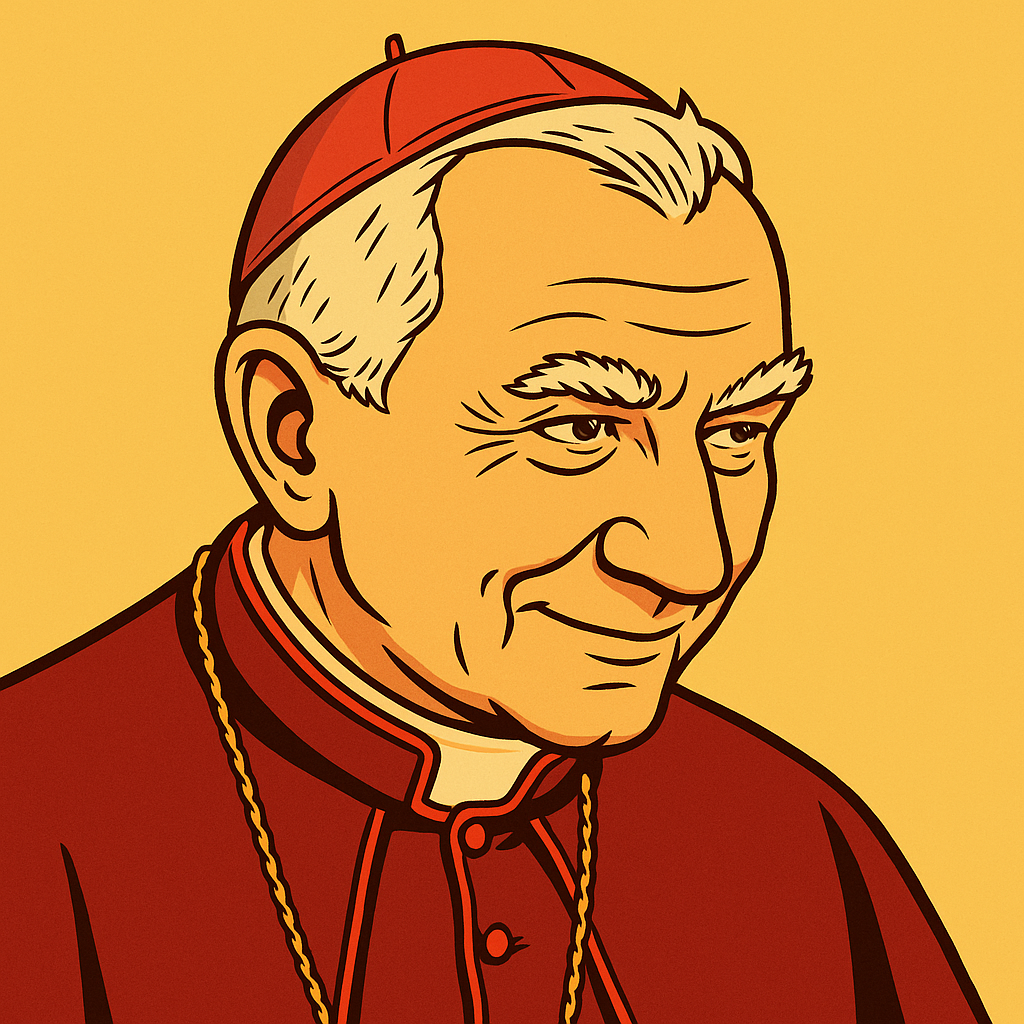
Italian cardinal, Secretary of State of the Holy See, experienced diplomat, known for his moderation and expertise in international relations, while maintaining balance with traditional doctrine.
| Criterion | Tendency |
|---|---|
| Moral doctrine | Conservative |
| Liturgy | Moderately conservative |
| Sociopolitical | Centrist |
| Relationship with Pope Francis | Very progressive |
| Dialogue | Moderately progressive |
| Communication | Moderately progressive |
| Overall tendency | Moderately progressive |
Born on January 17, 1955, in Schiavon, in the province of Vicenza (Italy), Pietro Parolin was ordained a priest in 1980. After a brief pastoral experience, he joined the Pontifical Ecclesiastical Academy in 1983, thus beginning a diplomatic career within the Holy See. He served successively in the nunciatures in Nigeria, Mexico, and Venezuela, before joining the Secretariat of State in 2002.
In 2009, he was appointed apostolic nuncio to Venezuela, then, in 2013, Pope Francis appointed him as Vatican Secretary of State, a position he held until the Pope's death in April 2025. As Secretary of State, Parolin played a central role in Vatican diplomacy, particularly in the controversial agreement with China on the appointment of bishops and in the rapprochement between the United States and Cuba in 2014.
In 2014, Pietro Parolin was created cardinal by Pope Francis. In 2018, he was elevated to the rank of cardinal bishop, receiving the suburbicarian title of Albano. Following the death of Pope Francis in 2025, he presides over the sessions of the conclave convened on May 7, as the highest-ranking cardinal bishop elector.
Parolin is considered a moderate, or even a centrist. He supports Pope Francis's reforms while adopting a prudent approach on sensitive subjects. He has expressed conservative positions on homosexual marriage but has shown openness to discussing priestly celibacy and the role of women in the Church. (Politics aside for one day, world leaders to gather at Vatican and ..., Quién es Pietro Parolin, el candidato italiano que suena con más fuerza para ser el nuevo Papa de Roma)
As Dean of the College of Cardinal Electors and former Secretary of State, Parolin enjoys great visibility and an extensive network. He is respected for his ability to navigate the complexities of the Curia and to maintain stable diplomatic relations. (Conclave de 2025)
Cardinal Parolin upholds traditional Catholic moral teachings. He has publicly opposed same-sex marriage, describing it as a 'defeat for humanity,' and has affirmed the Church's stance on the sanctity of life from conception to natural death. While he maintains these conservative positions, he also emphasizes the importance of pastoral care and dialogue.
Cardinal Parolin supports traditional liturgical practices but also aligns with Pope Francis's efforts to promote unity within the Church. He has denied involvement in plans to further restrict the Traditional Latin Mass, indicating a balanced approach that respects tradition while embracing necessary reforms.
Cardinal Parolin is actively engaged in sociopolitical issues, advocating for peace, justice, and the rights of migrants and refugees. He emphasizes the importance of multilateralism and cooperation among states to address global challenges, reflecting a commitment to social justice and the common good.
Cardinal Parolin has been a close collaborator of Pope Francis, serving as Secretary of State since 2013. While he supports many of the Pope's initiatives, he has also expressed concerns over certain decisions, such as the Vatican's agreement with China, reflecting a nuanced relationship characterized by both loyalty and candid dialogue.
Cardinal Parolin is a strong advocate for interreligious dialogue, emphasizing its role in promoting peace and understanding. He has participated in various interfaith initiatives and has highlighted the importance of religious freedom and cooperation among different faith communities.
Known for his diplomatic skills and measured communication style, Cardinal Parolin effectively conveys the Church's positions on complex issues. His approach balances clarity with compassion, aiming to foster understanding both within the Church and in the broader global community.
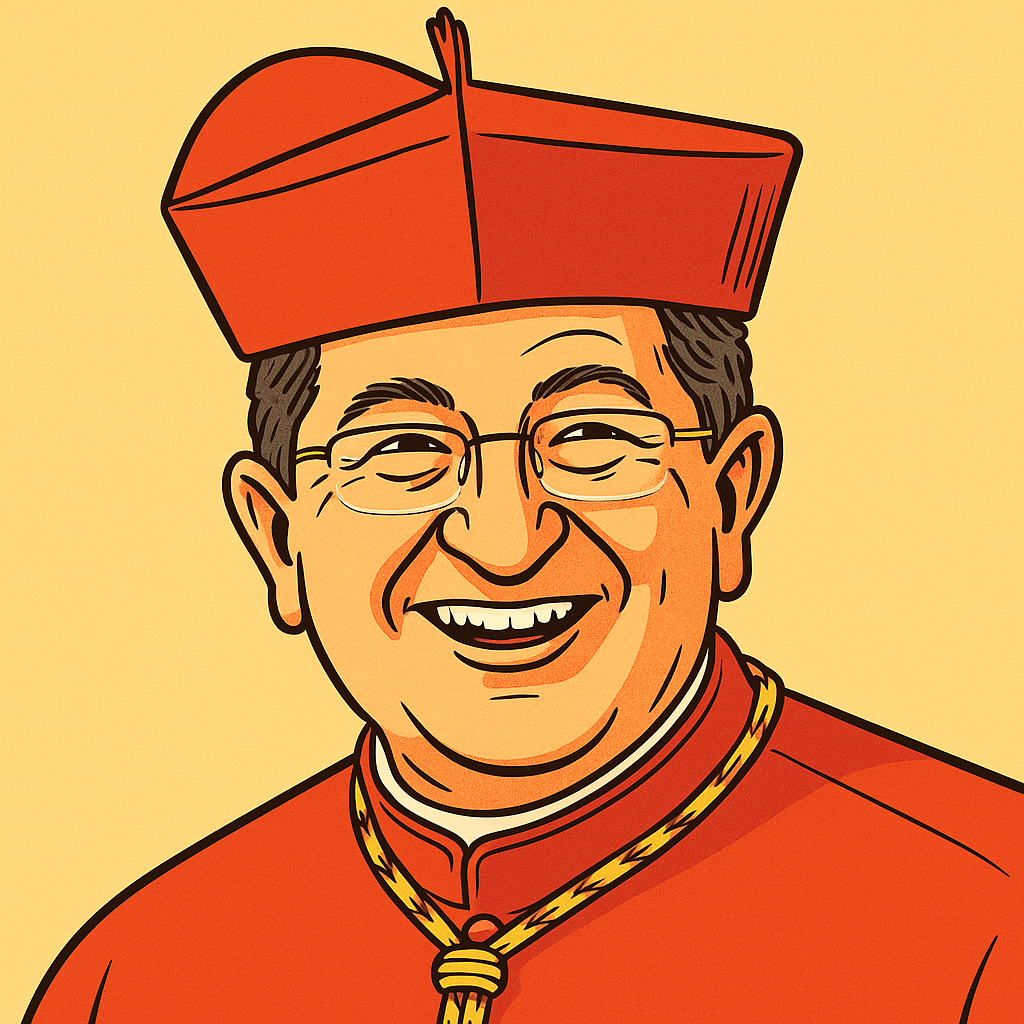
Italian cardinal, Archbishop of Florence, known for his conservative doctrinal positions and intellectual work, while remaining engaged in pastoral dialogue.
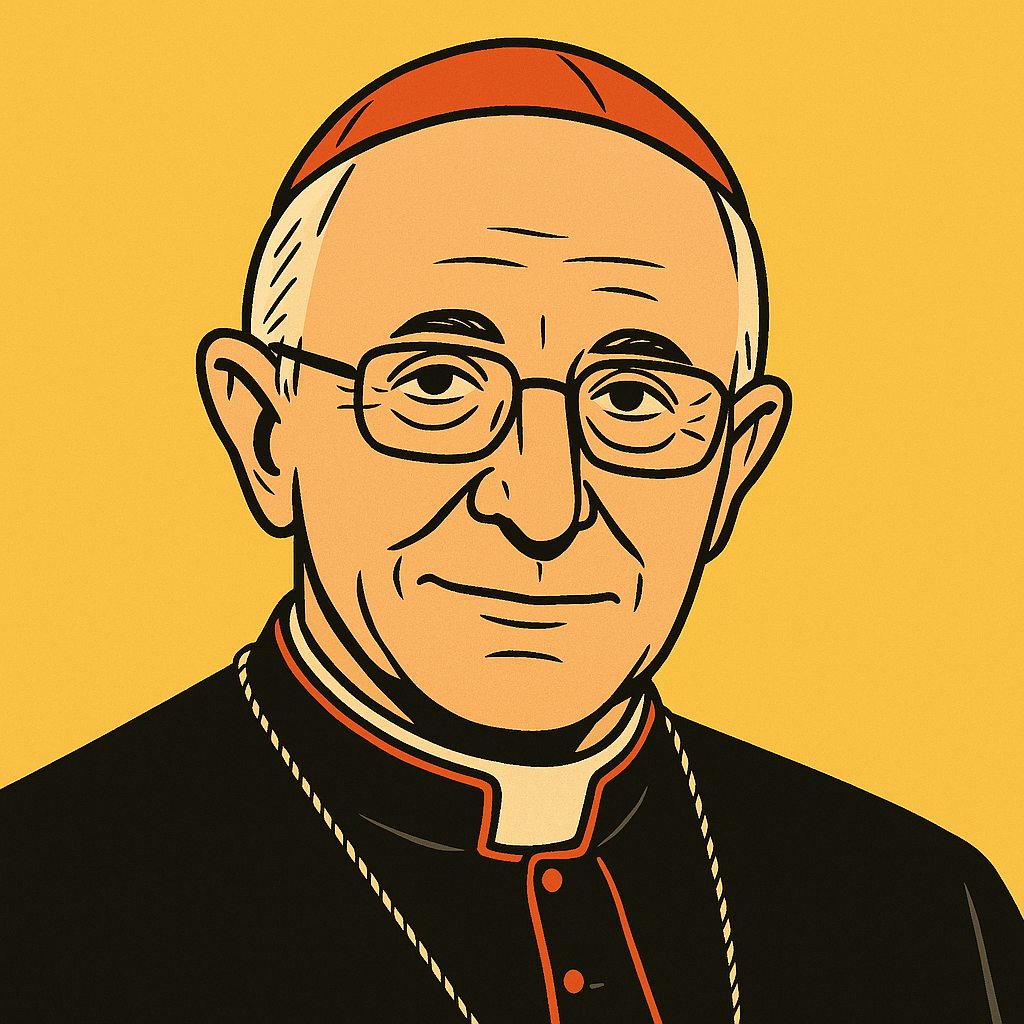
Italian cardinal, Grand Master of the Order of the Holy Sepulchre, former prefect of the Congregation for the Evangelization of Peoples, known for his missionary and diplomatic experience.
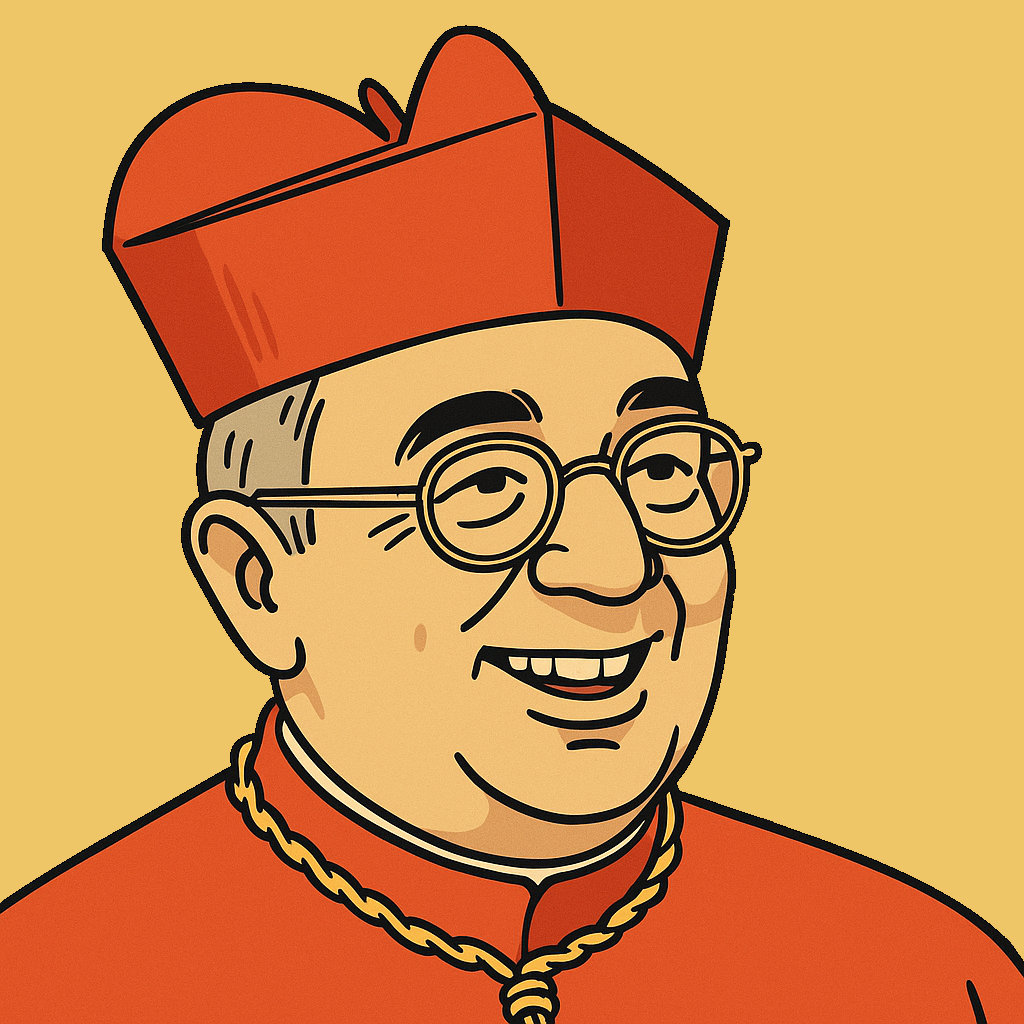
Italian cardinal, former vicar general of the pope for the diocese of Rome, known for his balance between liturgical tradition and moderate pastoral openness.

Germany
German cardinal, former prefect of the Congregation for the Doctrine of the Faith, known for his very conservative positions and vigorous defense of traditional doctrine.
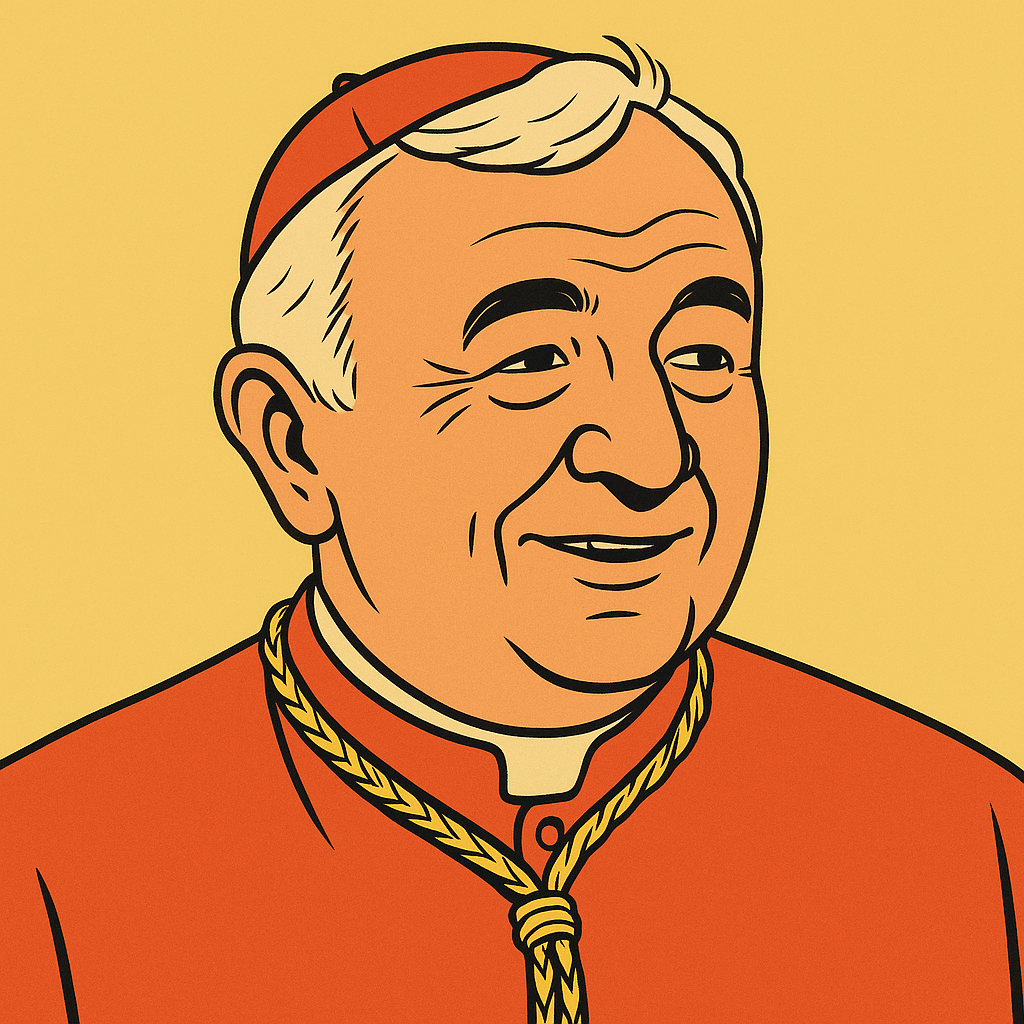
United Kingdom
British cardinal, Archbishop of Westminster, known for his conservative positions on moral issues, while being committed to defending migrants and fighting human trafficking.
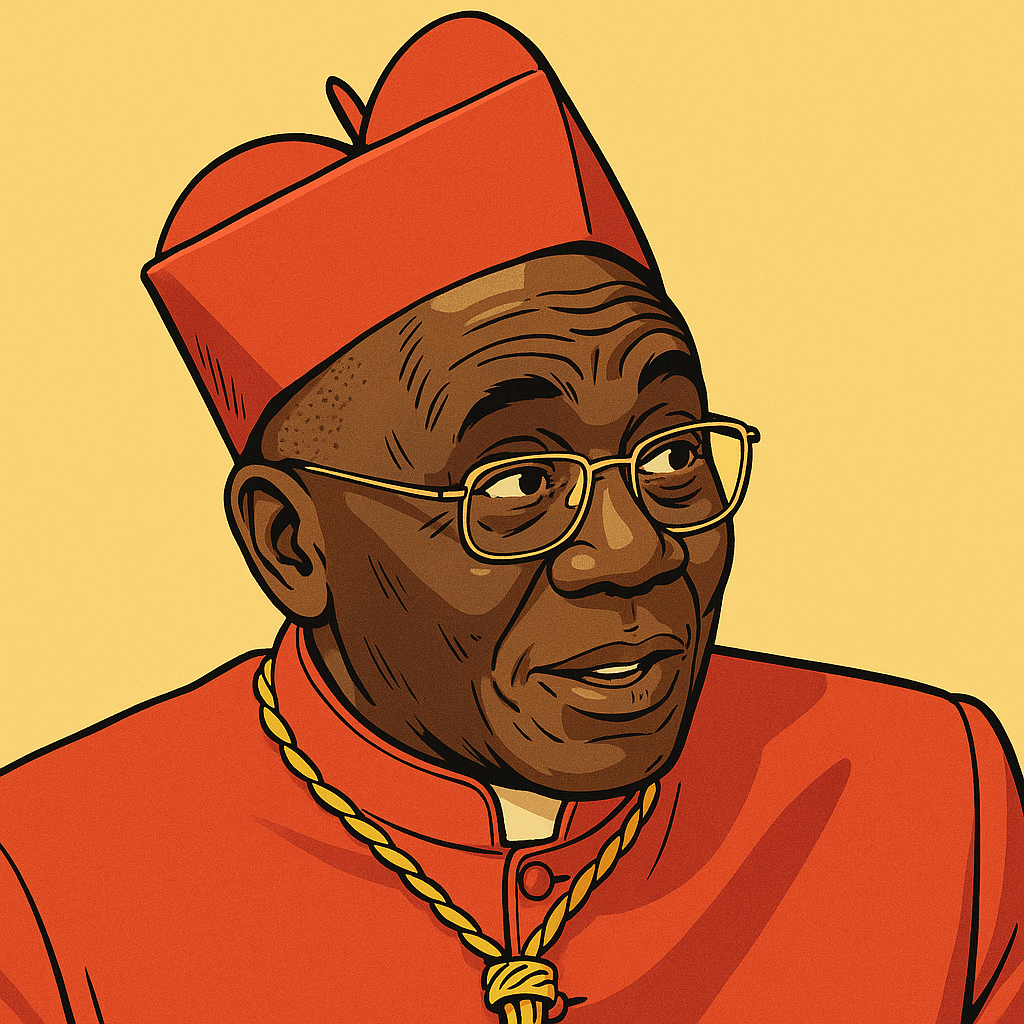
Ivory Coast
Ivorian cardinal, Archbishop of Abidjan, known for his doctrinal fidelity and conservative positions, while working for social peace and unity in his country.
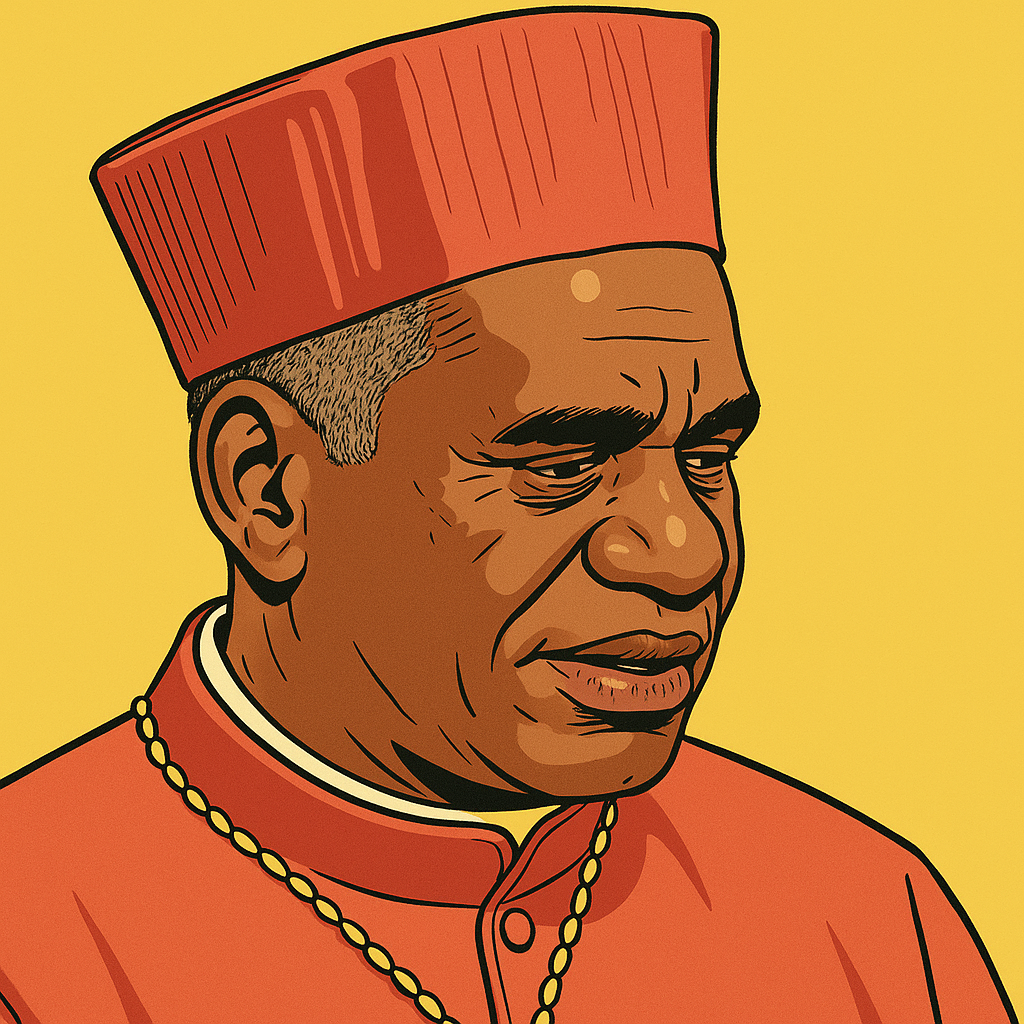
Madagascar
age: 71
Malagasy cardinal, known for his traditionalist positions, his attachment to classical liturgy, and his vigorous defense of Catholic moral doctrine.
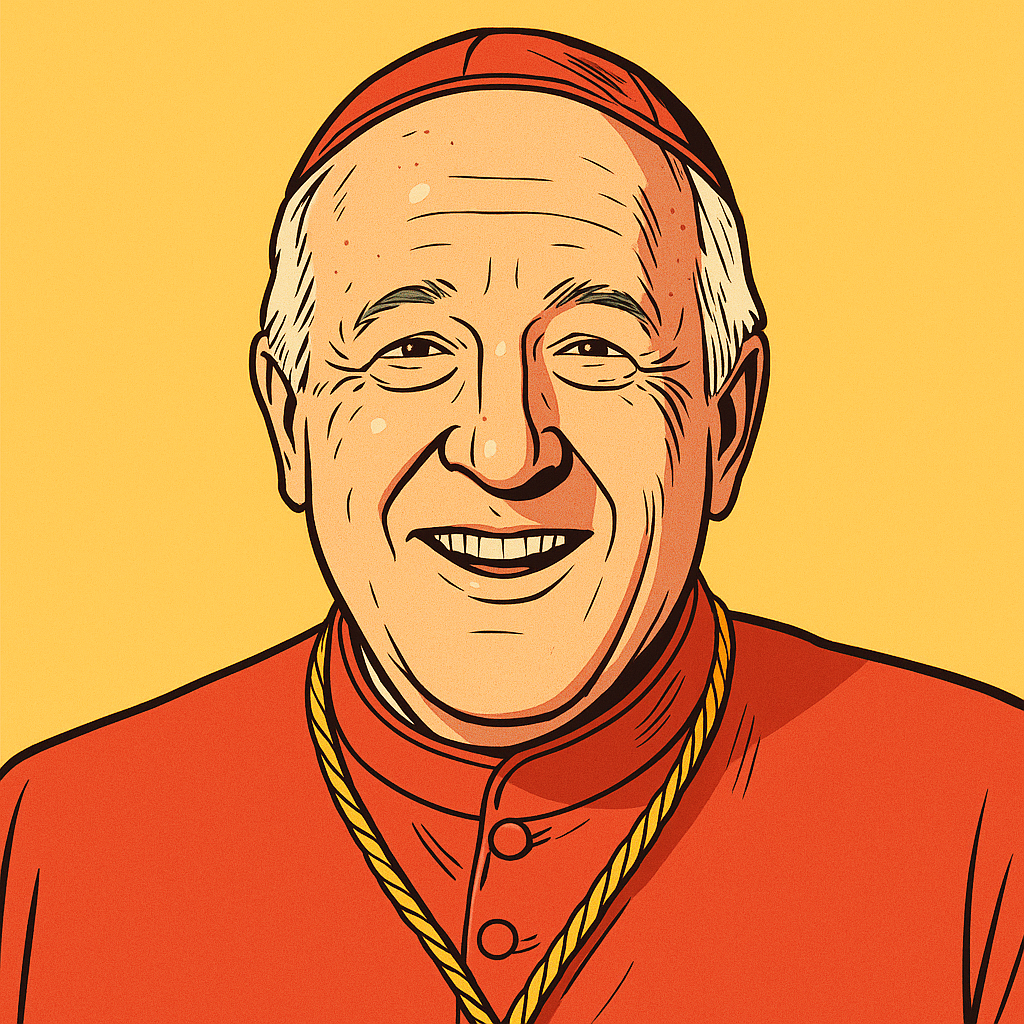
United States
age: 71
American cardinal, Bishop of San Diego, known for his progressive positions on social issues and his calls for greater inclusion in the Church, in line with Pope Francis.

Netherlands
age: 72
Dutch cardinal, Archbishop of Utrecht, physician and bioethicist, known for his very conservative positions on bioethical and moral issues, and his defense of traditional doctrine.
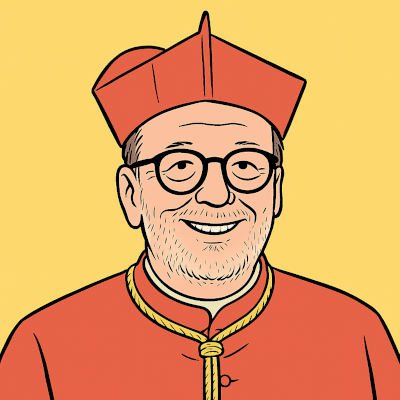
Italy
Italian cardinal, former apostolic nuncio, known for his diplomatic expertise and knowledge of Eastern Churches, combining liturgical tradition and openness to dialogue.
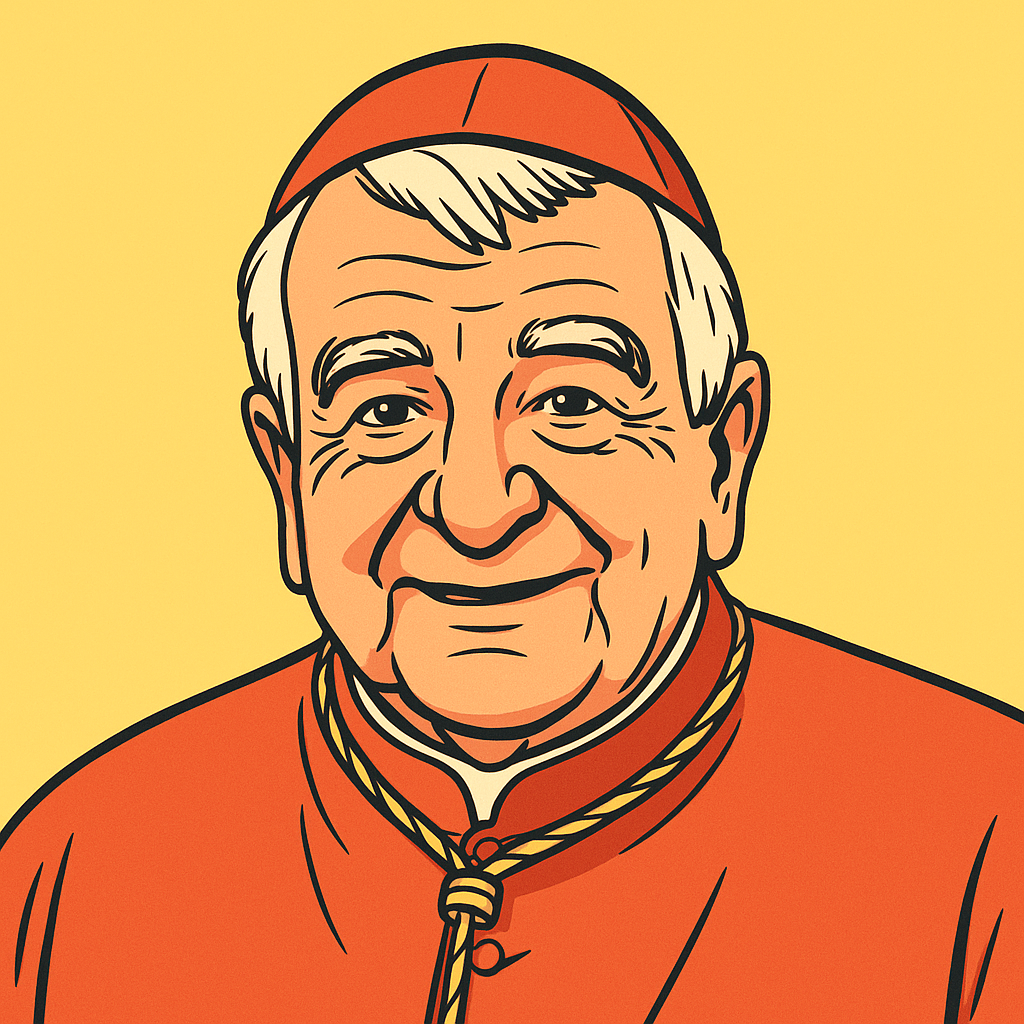
Switzerland
Swiss cardinal, apostolic nuncio, known for his diplomatic work and balanced approach between tradition and moderate openness.
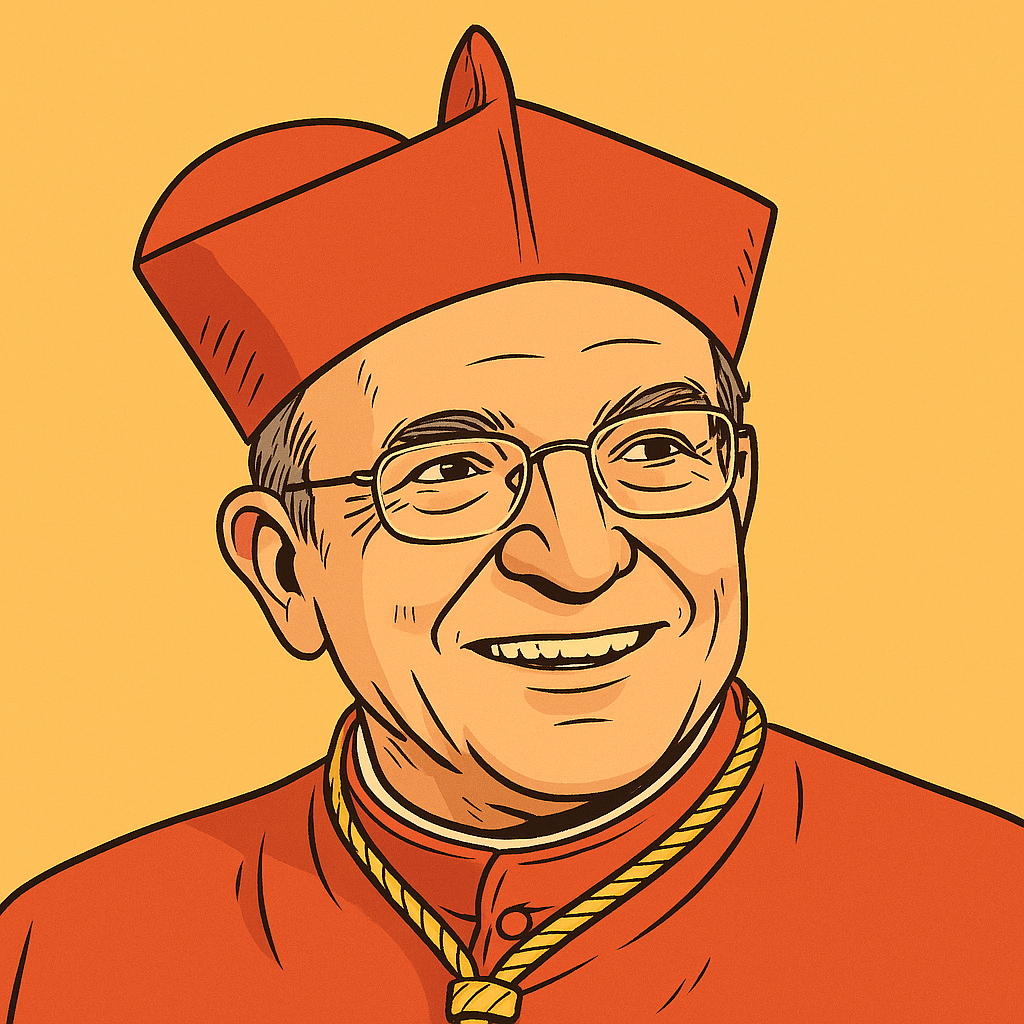
Italy
Italian cardinal, Archbishop of L'Aquila, known for his leadership after the 2009 earthquake and his pastoral approach combining tradition and community engagement.
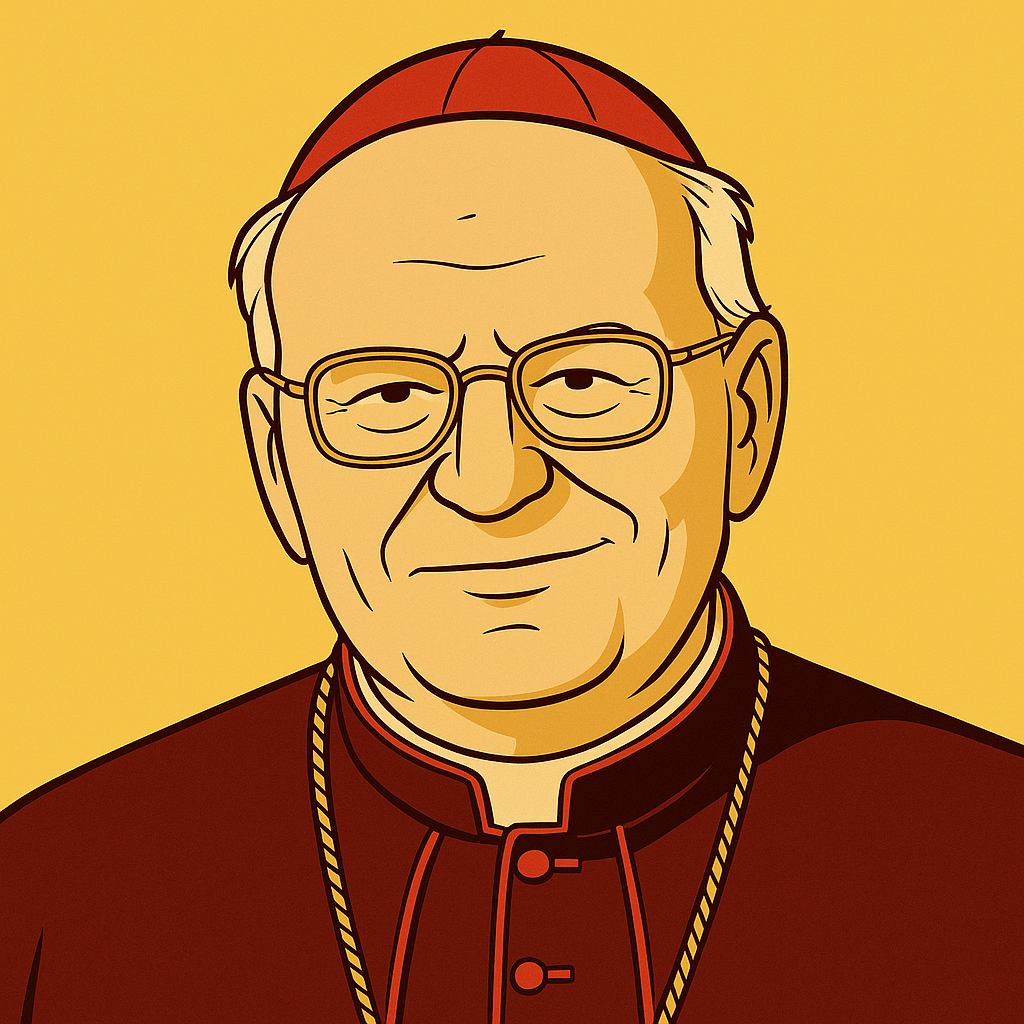
Hungary
Hungarian cardinal, Archbishop of Esztergom-Budapest, renowned canonist, known for his conservative doctrinal positions and his influential role in the Church of Central Europe.

Sweden
Swedish cardinal, the first Scandinavian cardinal in history, known for his balanced approach between tradition and openness, and his ecumenical work.

Ivory Coast
Ivorian cardinal, Archbishop of Abidjan, known for his doctrinal fidelity and conservative positions, while working for social peace and unity in his country.

Myanmar
Burmese cardinal, the first from his country, known for his commitment to peace and reconciliation, combining respect for tradition and interreligious dialogue.
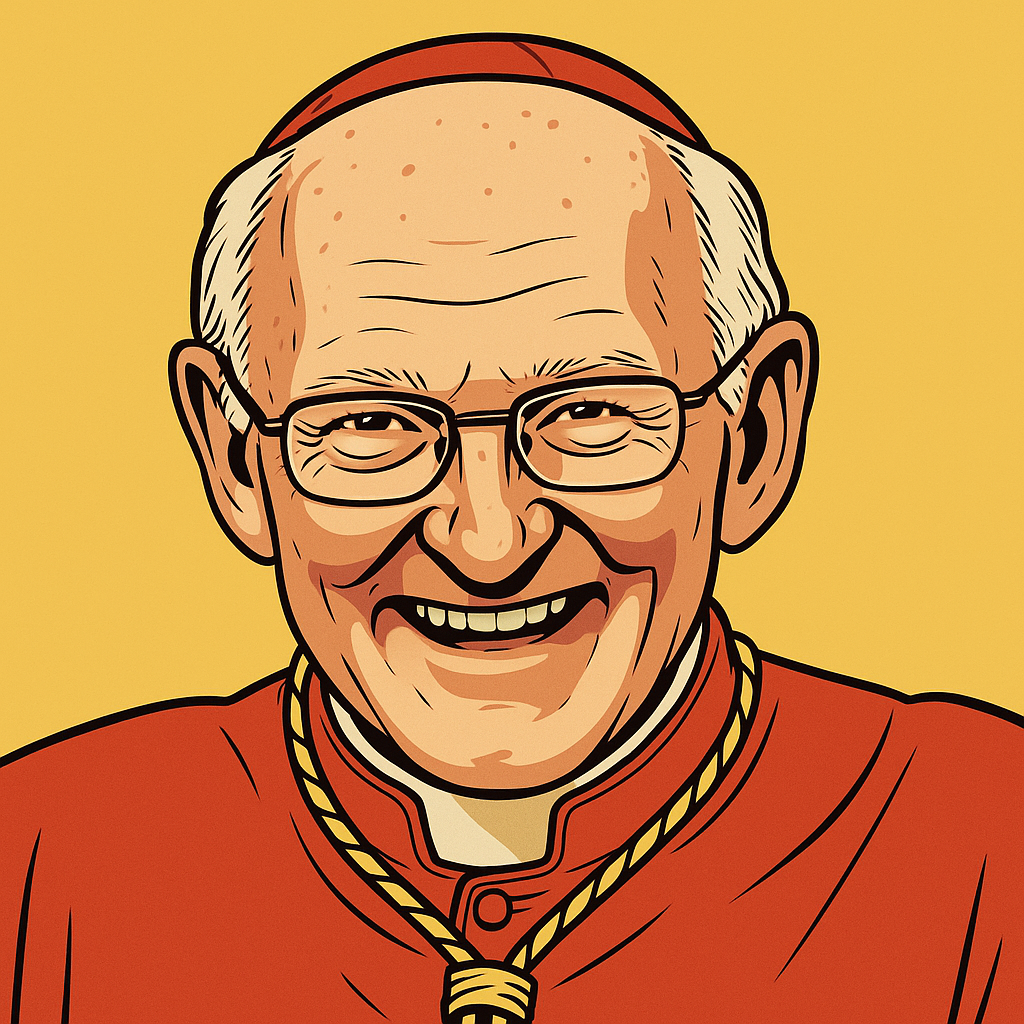
United States
American cardinal, Archpriest of the Basilica of Saint Paul Outside the Walls, former Prefect of the Papal Household, known for his conservative positions and administrative experience at the Vatican.
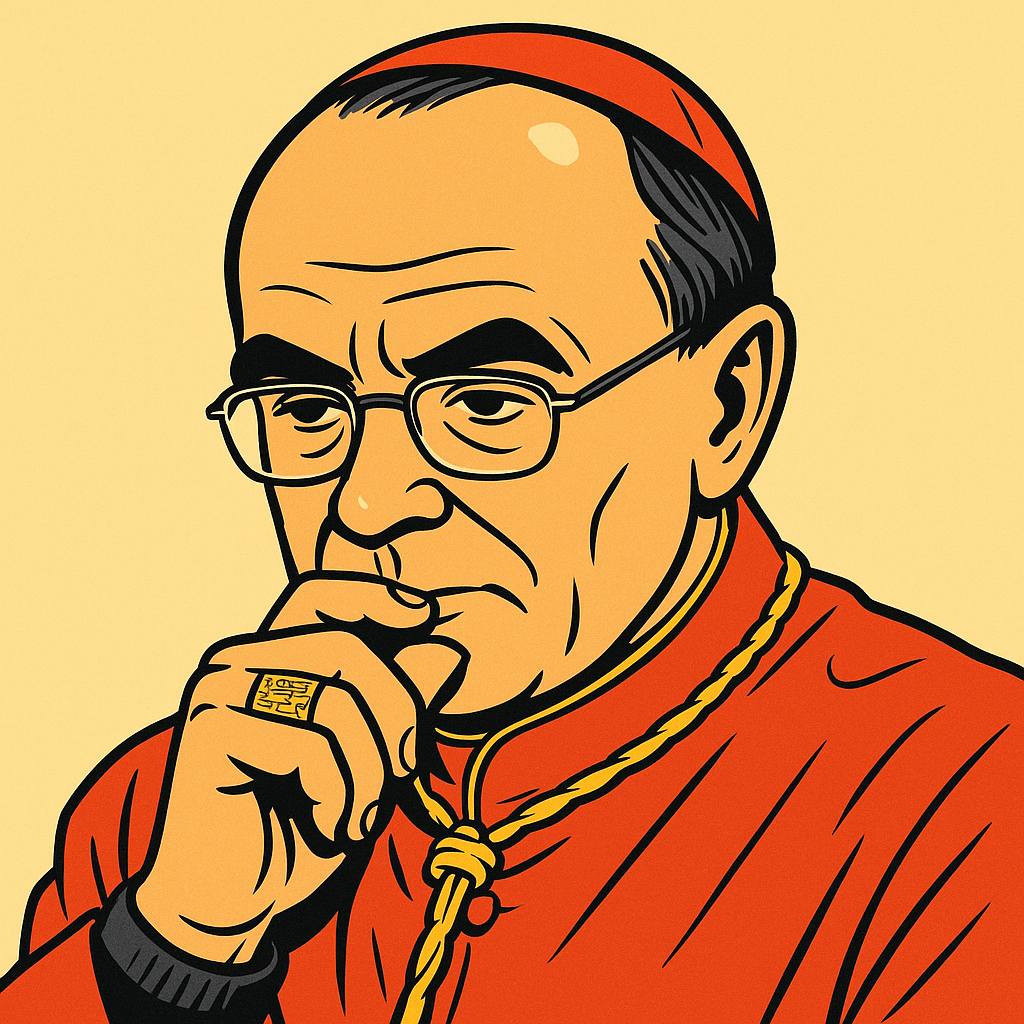
France
French cardinal, Archbishop Emeritus of Lyon, known for his missionary dynamism but whose career has been marked by controversy over the handling of sexual abuse in his diocese.
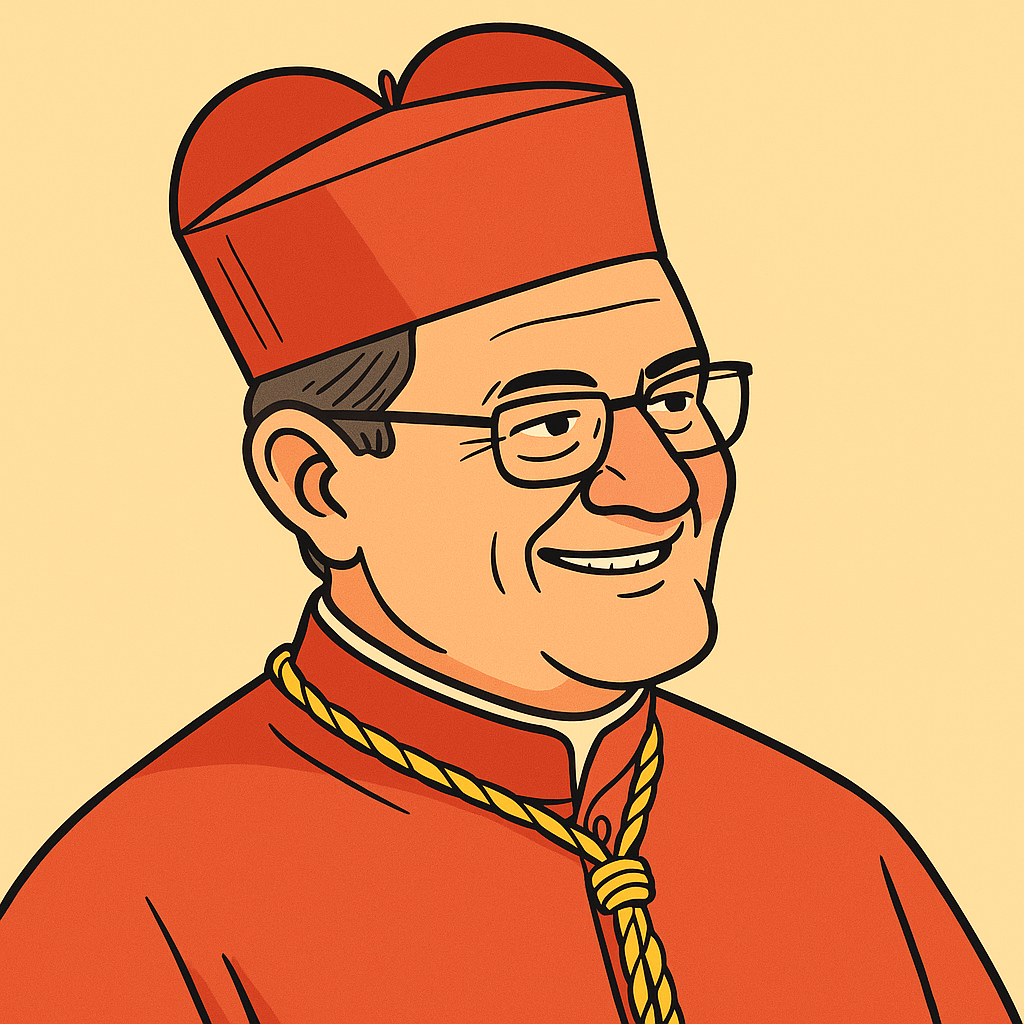
Ecuador
Ecuadorian cardinal, Archbishop of Guayaquil, Franciscan, known for his pastoral work in popular communities and his fidelity to the traditional teachings of the Church.

Rwanda
Rwandan cardinal, the first from his country, who lost his family during the genocide, known for his work on national reconciliation and his attachment to traditional doctrine.
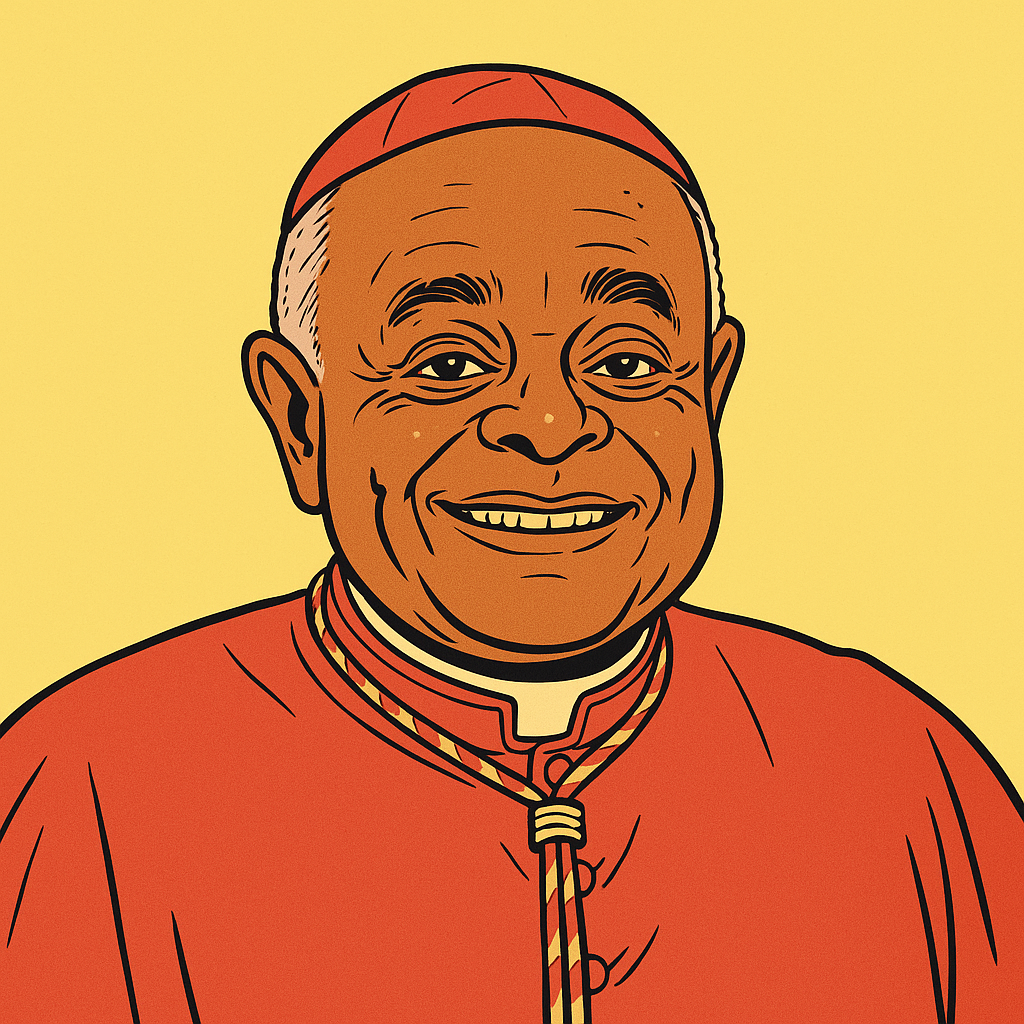
United States
American cardinal, Archbishop of Washington, first African-American cardinal, known for his leadership in the sexual abuse crisis and his balanced pastoral approach between tradition and openness.
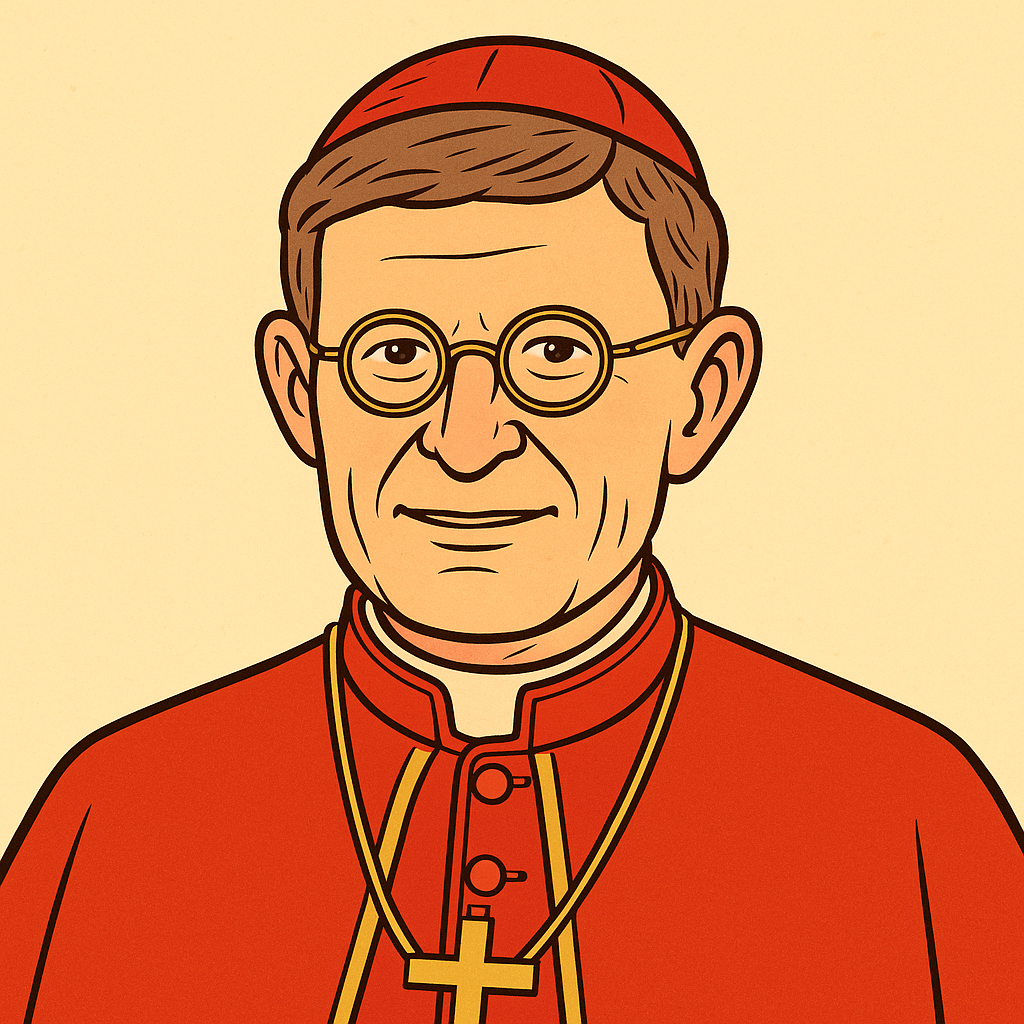
Germany
German cardinal, Archbishop of Cologne, known for his conservative positions and controversial leadership, particularly in handling sexual abuse and his opposition to certain reforms.

Myanmar
Burmese cardinal, the first from his country, known for his commitment to peace and reconciliation, combining respect for tradition and interreligious dialogue.
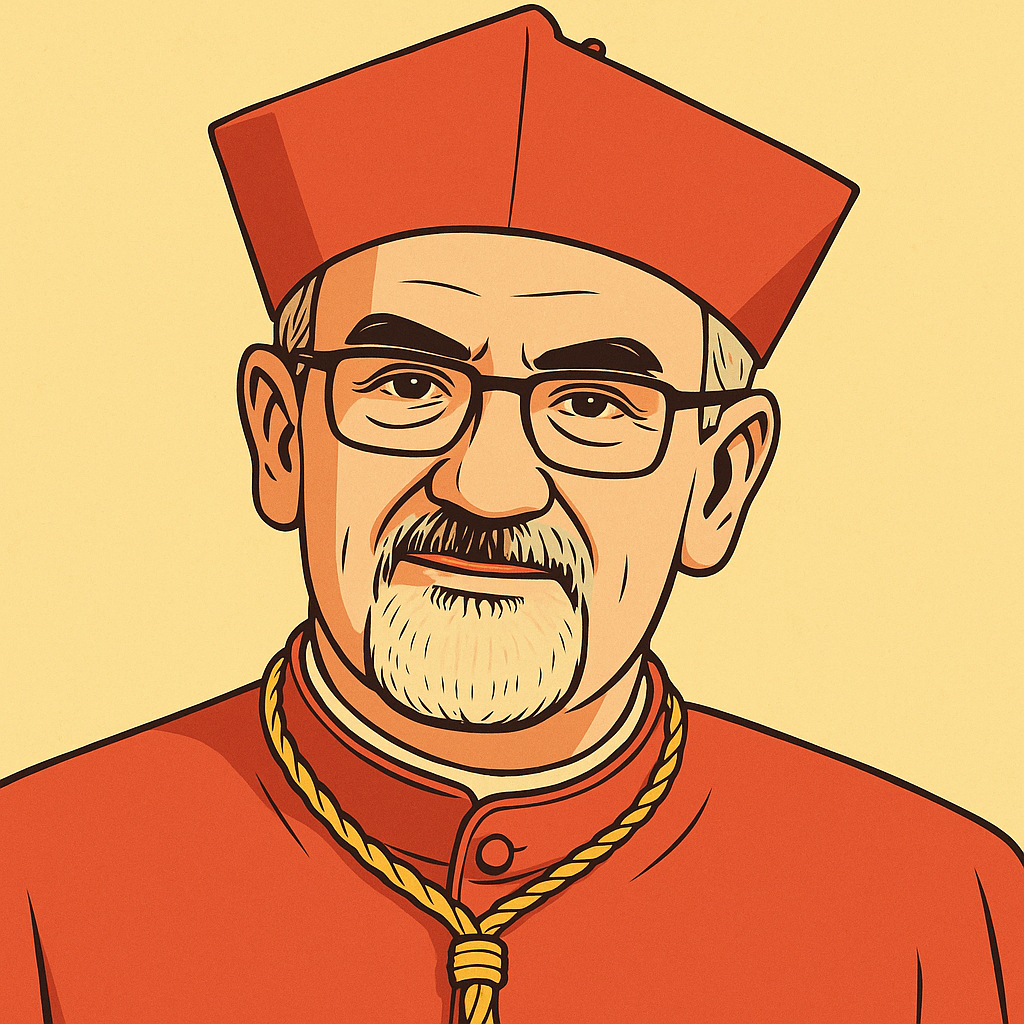
Israel
Italian cardinal, Latin Patriarch of Jerusalem, Franciscan, known for his expertise on the Middle East and his balanced leadership in a context of political and religious tensions.
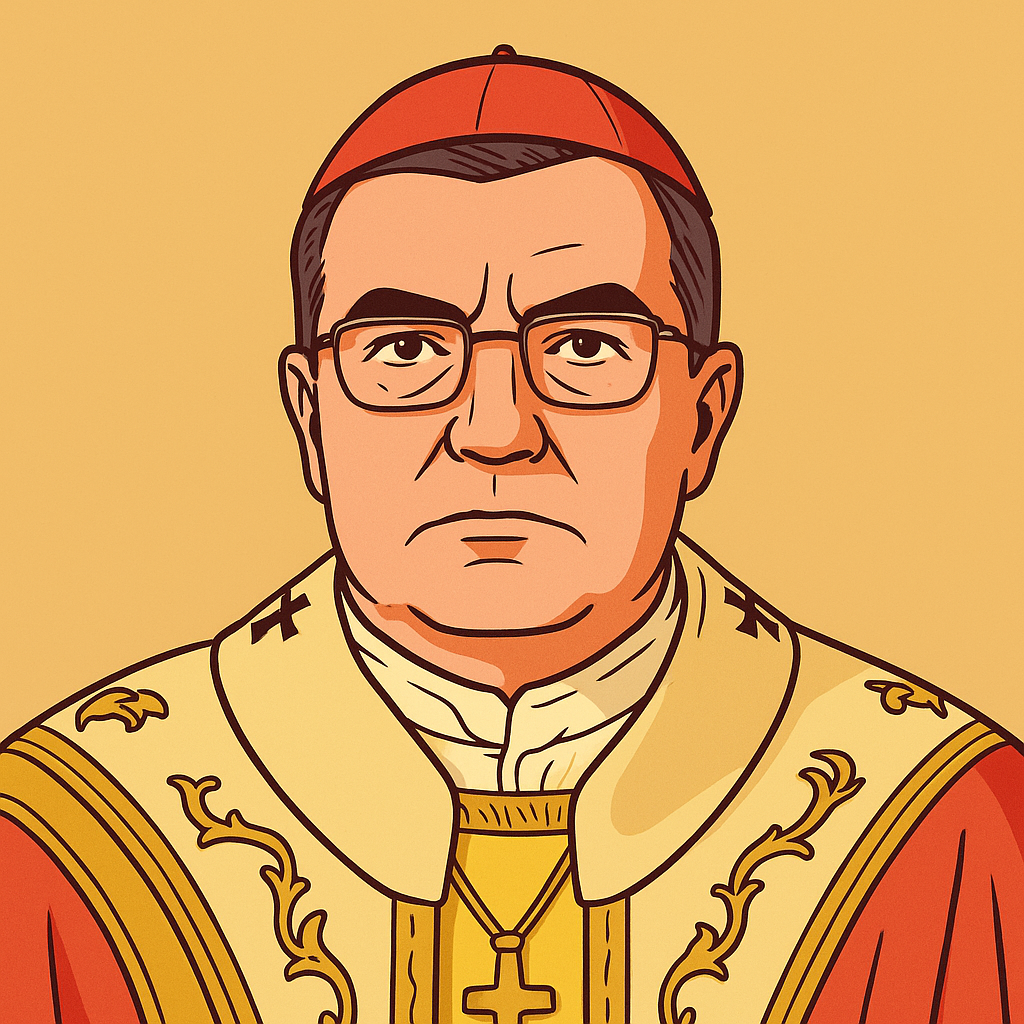
Croatia
Croatian cardinal, Archbishop of Zagreb, known for his conservative positions on moral issues and his commitment to traditional values in a post-communist context.

France
French cardinal, Archbishop Emeritus of Lyon, known for his missionary dynamism but whose career has been marked by controversy over the handling of sexual abuse in his diocese.

Italy
Italian cardinal, former vicar general of the pope for the diocese of Rome, known for his balance between liturgical tradition and moderate pastoral openness.